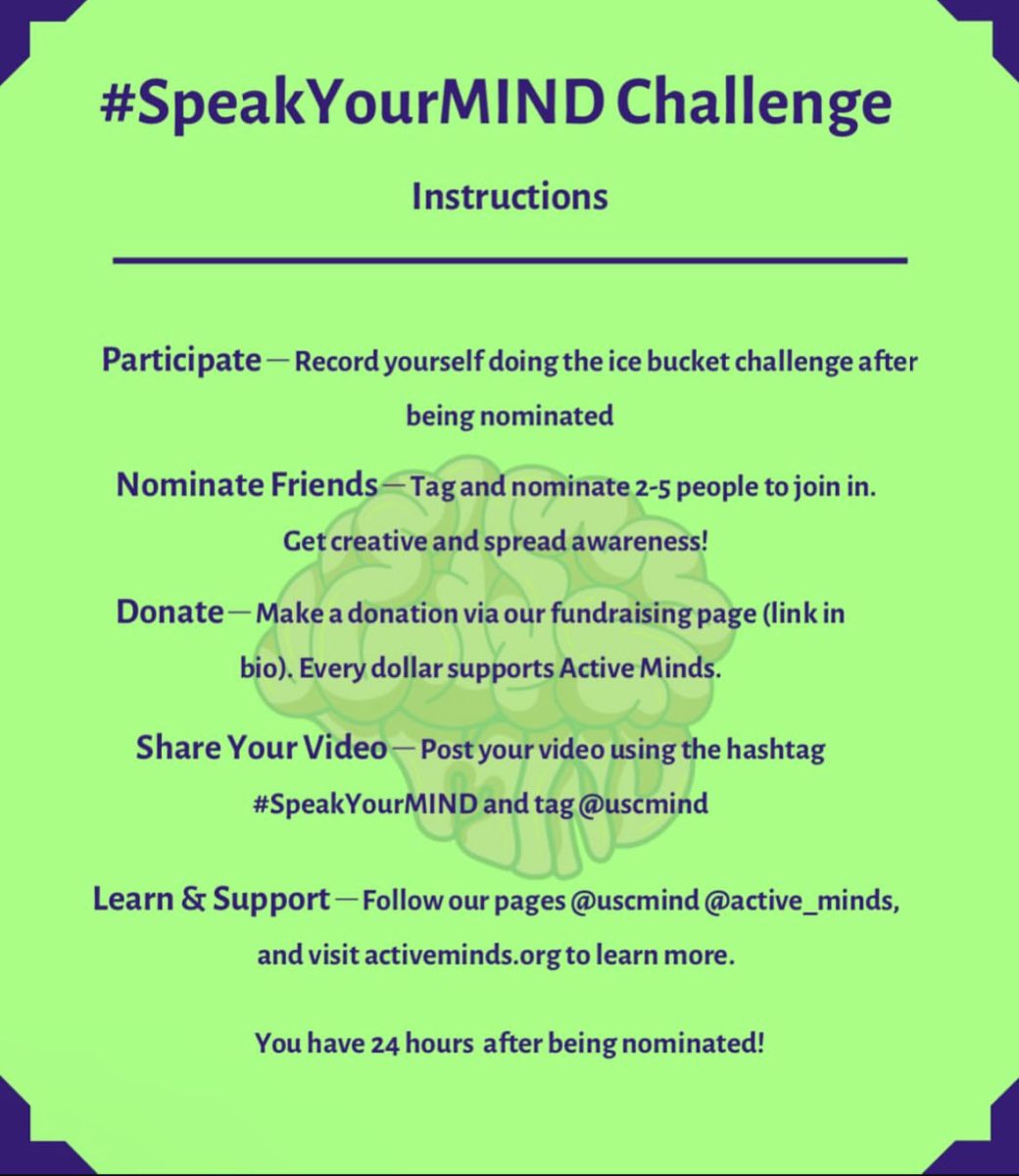The Superficiality of Social Media
January 31, 2020
Nothing has invaded our lives in the past decade more than social media. The posts, notifications, and hashtags have become a daily part of most of our lives. On social media, you can choose to hide who you really are behind a screen. Choosing to do this creates an optimized version of ourselves that outwardly appears perfect in every way, which is simply inaccurate in real life.
I look through posts on Instagram, and all I see are staged photos of people being happy, or doing something fun or interesting with their friends. You rarely see someone struggling on social media. You rarely see the ugly sides to people. They’re shiny, fake mannequins with plastered-on smiles and all. We cannot go out into the real world and expect people to be happy, perfect beings because that’s not how life is. We go through struggles. We have anxieties. We are, contrary to how it may seem on social media, imperfect, and that’s ok.
The superficiality and supposedly perfect lives on social media can make those who see it feel inferior. It’s no secret that countless links have been drawn between the rise of social media and increased rates of loneliness, depression and suicide. What, then, does social media really do for us? Not much, really. We could keep up with old friends and family by texting or calling them to ask them how they are, instead of silently stalking their social media pages. Social media can be used to make communication easier, but how real is it when you can just hide behind your phone? There’s no awkwardness or imperfections, just a false, perfect representation of ourselves. You can communicate more easily, not better.
Social media spreads awareness, yes, but how much change does that actually bring about? Actual change happens in the world when people get together and directly do something about a problem, not with some picture on your Instagram story. In all, suffering from feelings of anxiety, depression or inadequacy isn’t worth it just so you can see someone’s vacation pictures or artsy photo shoot.
Social media, in most cases, has been designed to be addictive. Research has found that Facebook and Instagram operate on very similar principles to that of slot machines: designed to have the user keep coming back time after time. These addictive qualities are often overlooked, but in reality they’re predatory. The companies are exploiting human nature and manipulating users—attempting to get them addicted just so that they can make more money. With social media addiction, comes anxiety and depression, so these companies’ actions are more dangerous than it may seem. They don’t care about users. They care about money and the bottom line.
Simply put, social media isn’t good for us. It causes us to become the idealized versions of ourselves. In turn, this creates a misconception of perfection, leading others to feel lesser because they don’t live the supposedly “perfect” lives portrayed on Instagram or Snapchat. It’s a manipulative system that serves to add more stress to our lives.





















![Movie poster for '[Rec]" (2007).](https://www.lionnewspaper.com/wp-content/uploads/2023/04/rec-640x900.jpg)


